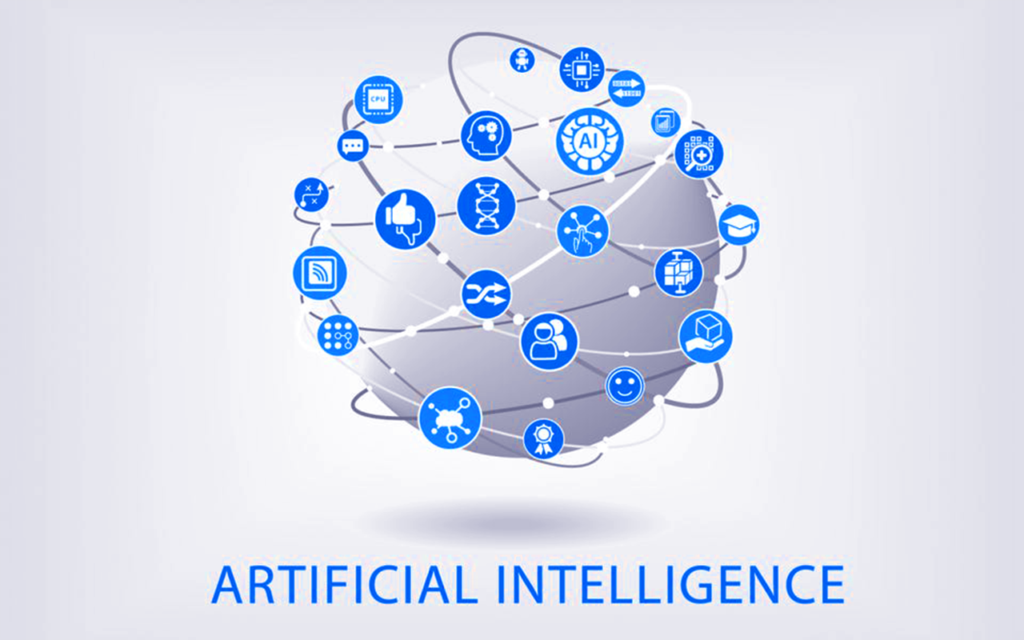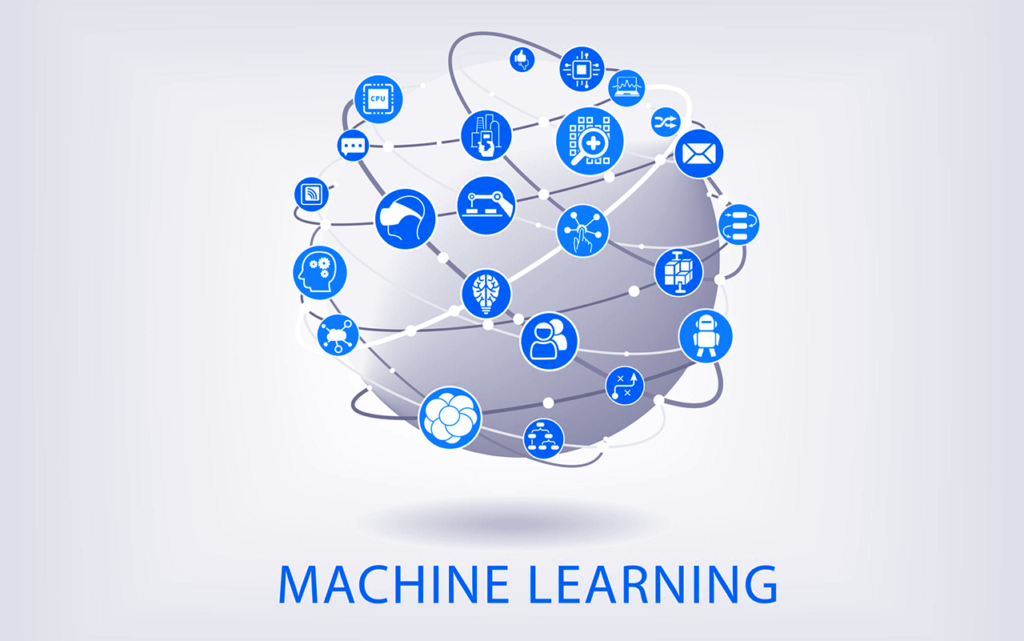Artificial intelligence and machine learning are altering engineering, like how they revolutionize several other sectors. While it looks like these advances are currently everywhere, we shouldn’t underestimate their fantastic inventions and the beautiful things they offer us to do both now and in the years to come.
Engineers could witness an improvement in the duties they carry out due to artificial intelligence and machine learning; however, they could also be able to achieve tasks they weren’t previously able to. You will understand more about artificial intelligence and machine learning engineering in this article.
What Is Artificial Intelligence And Machine Learning Engineering?
An artificial intelligence engineering specialist uses standard machine learning techniques, like natural language processing and neural networks, to develop models that run AI-based applications. They include sentiment-based contextual advertising, translating languages, and visual recognition or awareness.
Language translation lets those that use various languages to understand each other, contextual advertising uses sentiment analysis to adapt advertising content for specific audiences, and visual recognition or awareness includes teaching machine learning models to identify and understand visual data like videos and pictures. AI engineers create these applications, which could change multiple sectors in the future in a significant way.
The method of applying software engineering ideas, analytical and data science abilities, and mixing all of them to take a current machine learning model and make it worthwhile for the end product or the consumer.
For instance, a YouTube machine learning engineer is in control of designing the next-generation YouTube recommendations algorithm, creating a machine learning pipeline surrounding it, and merging it into YouTube so that you, the viewer, will eventually select the “next” button to view the next suggested video.
Why Is Artificial Intelligence And Machine Learning Engineering Important?
Artificial intelligence and machine learning have become fields of expertise that significantly impact how effective a business is. Here is why artificial intelligence engineering is essential:
- AI engineers can build solid machine learning models that offer vital guidance and insight about potential issues or solutions in the future.
- In sectors like safety, automobiles, retail, banking, health care, communication, monitoring, and social media, AI has become progressively essential.
- AI could help businesses in finance comprehend user habits and detect unusual and illicit behavior.
- AI in healthcare can save the time and expense used for jobs like studying drugs.
- Manufacturing businesses can utilize AI models to reassess the supply chain, identify trouble spots, and combine them with technologies for reliable and efficient manufacturing.
- Businesses started to use AI to discover significant findings from normally unorganized information like social media finds.
While machine learning is an element of AI, it is not the entirety of it. Here is why machine learning engineering is essential:
- Machine learning incorporates statistics and computer science to build mathematical models that automate multiple steps.
- Machine learning algorithms use predictive modeling to produce choices that focus mainly on the information.
- Models are altered using numerical optimization approaches that uncover undetectable trends in an array of data.
- Machine learning assists businesses in making crucial choices, optimizing processes, and offering new goods.
- Companies must get proficient at extracting worth from this massive sea of data for better company insights, efficiency, and development. To correctly manage these seas, machine learning is necessary.


What Does An Artificial Intelligence Engineer Do?
What does an expert in artificial intelligence do all day if you’re intrigued by an occupation in technology? Artificial intelligence engineers use many programming techniques to create, test, and deploy artificial intelligence models. Tasks for an artificial intelligence engineer include:
- Working with specialists like data scientists, programmers, and additional stakeholders.
- Establishing and overseeing the infrastructure of a product’s overall advancement of artificial intelligence.
- Analyzing data statistically and interpreting outcomes and findings can influence decision-making within a business.
- Performing core steps and duties to assist the data science group in establishing infrastructure for data transformation.
- They are building artificial intelligence models and clarifying the significance of their models for various internal staff, like product managers and executive leaders.
- They are establishing APIs from machine learning models to connect with other apps.

What Does A Machine Learning Engineer Do?
- Machine learning engineers help data science. They analyze, establish, and create machine learning artificial intelligence and update and improve artificial intelligence systems.
- Data scientists who design artificial intelligence system models and those who build and operate them work with machine learning engineers. Machine learning systems are designed, made, and put into action by machine learning engineers. Multiple duties take place in this, like:
- Machine learning engineers find the ideal algorithm for an issue, put it in code, and then adjust it for effectiveness.
- Machine learning engineers gather and analyze information, change algorithms, and monitor system efficiency to ensure machine learning systems work correctly.
- To address tricky issues, machine learning engineers will choose the project requirements, plan system creation, and build the system with suitable resources and technologies.
- Machine learning engineers use statistical methods to analyze big data sets, detect trends and patterns, and create recommendations using the data.

Artificial Intelligence Engineering Skills vs. Machine Learning Engineering Skills
| Artificial Intelligence Engineering Skills | Machine Learning Engineering Skills |
| A broad comprehension of statistics, probability, and linear algebra | Natural language processing, neural network layouts, deep learning, and dynamic programming skills |
| Skills in analysis | Expertise in programming languages such as Python and Java |
| Programming skills, like R, Java, C++, and Python. | Assessment of prediction algorithms and data modeling |
| Ability to think thoroughly | Soft skills like dedication to continuing education, collaboration, and time management |
| Experience and understanding of business | Requirements analysis, testing, version control, and system design skills |
| Skills in communication, teamwork, and collaboration | Knowledge of the design, algorithms, and data structures of computers |
Although the skills necessary for both fields overlap, machine learning engineers can focus more on the data modeling and algorithmic assessment part of AI development. Machine learning engineers can focus on the general creation and implementation of AI systems.
Artificial Intelligence Engineering vs. Machine Learning Engineering: Which Is Better?
We now understand how artificial intelligence and machine learning engineering vary. Given an option, selecting the better of two is tough. Artificial intelligence is more adaptable than machine learning. AI can identify the best solution, but machine learning might not.
AI analyzes data that is structured, semi-structured, or unstructured. ML can handle data that is structured or semi-structured. AI is more intelligent than machine learning. AI seeks achievement rather than accuracy, whereas ML doesn’t.
Conclusion
Artificial intelligence and machine learning engineering are altering engineers’ jobs and operations, increasing the requirement for experience in those fields. AI and ML enable businesses to stay competitive and get data insights. These careers involve statistical, programming, analytical, and soft abilities like cooperation, ongoing training, and time management.
AI engineers must understand natural language processing, neural network layouts, deep learning, and dynamic programming. In contrast, machine learning engineers must comprehend prediction algorithms, data modeling, computer design, algorithms, and data structures. AI and ML experts will remain in demand as their significance grows.
![Artificial intelligence and machine learning engineering Artificial Intelligence and Machine Learning Engineering in Today's World [Value]](https://paxcube.com/wp-content/uploads/2023/04/1-article-696x381.png)